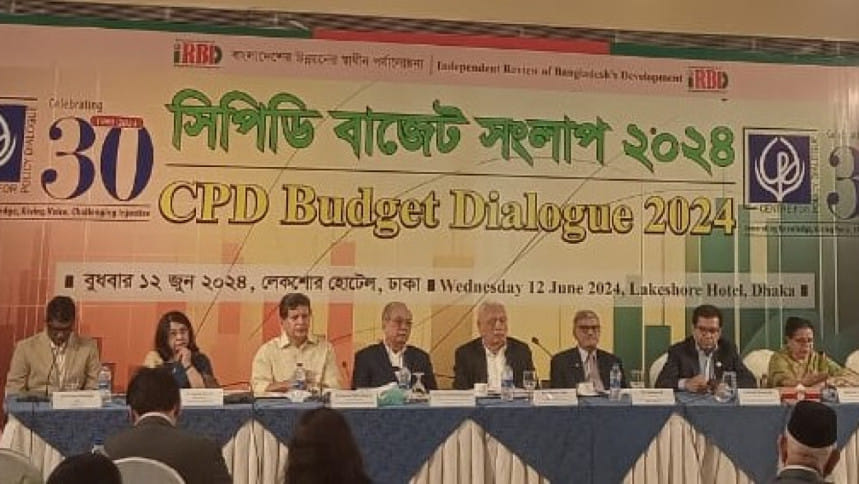Amnesty for black money promotes injustice, moral hazard: CPD

The government is promoting injustice and moral hazard by allowing the holders of black money to legalise their undeclared assets through payment of 15 percent tax and without facing any questions, said the Centre for Policy Dialogue (CPD) today.
"It is unacceptable. By allowing this, honest taxpayers are discouraged," said CPD Executive Direcor Fahmida Khatun at a dialogue on the budget for 2024-25.
The CPD organised the event at Lakeshore Hotel.
The government seeks to accept disclosure of black money or undisclosed income or assets, including cash and deposits in banks, at 15 percent tax without any question.
It wants to accept investment of undeclared income at fixed rates against investment in immovable properties such as flats and land.
In the case of other assets, including cash and deposits in banks, a taxpayer will have to pay a 15 percent tax on the amount to legalise his/her income.
By contrast, regular taxpayers will have to pay up to 30 percent tax— a discrepancy that has evoked widespread criticism.
The CPD also criticised the move to keep tax-free income threshold unchanged at Tk 3.5 lakh for the next fiscal year.
Fahmida said the limit should be increased to enable low income people to offset the effect of persistently high inflation.

 For all latest news, follow The Daily Star's Google News channel.
For all latest news, follow The Daily Star's Google News channel. 



Comments